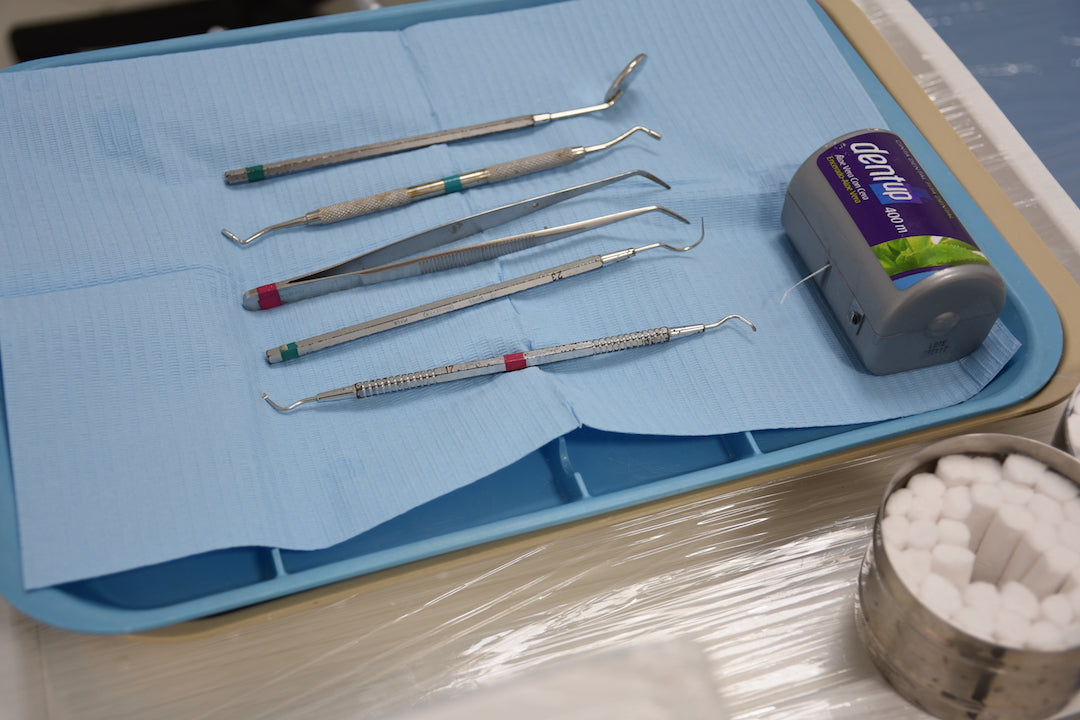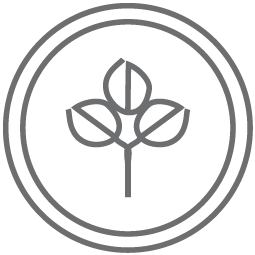
Natural oral hygiene
Share

In the past, dental hygiene was not considered a part of overall body health, but with each passing day, science is proving that there is a strong link between the two.
The mouth is home to countless bacteria, but not all of them are bad, as a certain number is required to maintain homeostasis in the body. However, poor oral hygiene can be the breeding ground for multiple bacteria, and ignoring this practice leads to periodontal disease. The bacterial community associated with periodontitis can enter the bloodstream through bleeding gums, and this is where dental health and body health are linked.
Here are some of the ailments that result from poor oral health according to the Oral Health Foundation:
The proliferation of negative bacteria has an impact on colon health, periodontal disease affects soft tissues and bone where an increase in Porphyromonas gingivalis begins, weakening the body's immune response, while dental caries has historically been linked to Streptococcus mutans.
Other conditions include heart disease, endocarditis and stroke, as bacteria in the bloodstream reach the heart and can cause an attack, or settle on the linings of the valves and cause infection and inflammation.
Periodontal disease is thought to worsen the pain of people suffering from rheumatoid arthritis.
Lung disease and pneumonia can have an aggravation of the disease due to the increase of bacteria in the lung tissue.
Tips to improve your oral hygiene
- Try to reduce your intake of simple sugars, especially if you have sugar problems. Also, avoid eating beans and grains such as rice, pasta, cereal, bread, quinoa, oats and potatoes.
- Floss after meals . Flossing is perhaps more important than brushing your teeth because it removes plaque precursors that brushing can't. The next time you go to the dentist, ask your dentist to show you the correct technique.
- Brush your teeth 30-60 minutes after eating , especially if you have consumed carbonated beverages. According to a 2004 study reported by the New York Times, brushing your teeth immediately after eating or drinking when the environment in your mouth is acidic weakens tooth enamel and dentin because brushing pushes the acid deeper into these dental layers. (1)
- Ditch the fluoride toothpastes and commercial mouthwashes . Adopt the oil pulling technique.
-
 This technique has been scientifically proven to remove unhealthy biofilm, debris and bacteria from your teeth. Here are the basic instructions: Simply take a tablespoon of virgin coconut oil and spread it around in your mouth using your tongue and gums to get it between your teeth. Do not swallow or gargle; if you feel like swallowing, spit it out and start over. Try to keep the oil in your mouth for about ten minutes where it will turn white and then spit it out, but not into the sink or toilet as they can clog up.
This technique has been scientifically proven to remove unhealthy biofilm, debris and bacteria from your teeth. Here are the basic instructions: Simply take a tablespoon of virgin coconut oil and spread it around in your mouth using your tongue and gums to get it between your teeth. Do not swallow or gargle; if you feel like swallowing, spit it out and start over. Try to keep the oil in your mouth for about ten minutes where it will turn white and then spit it out, but not into the sink or toilet as they can clog up.
Increasing the pH in your mouth after this practice helps keep it free of bacteria. This is achieved by putting a tablespoon of baking soda in 6 ounces of water and gargling, thus alkalizing the environment in your mouth and making it difficult for bacteria to proliferate.
Dr. Juan Maldonado, endodontist and implantologist at the Universidad Javeriana, recommends doing this practice once a week.
- Dental prophylaxis 3 times a year. Deep gum cleaning and dental check-ups will help you avoid procedures that can be long, annoying and expensive.

My sister Kathy is the one who has taken care of my teeth and those of my family and community for a long time. She has been incorporating supplies and natural techniques that her profession allows her, such as a pressure irrigator with sodium bicarbonate and mint that whitens between teeth. For two weeks, from February 26 to March 12, 2018, she is offering the prophylaxis service at the reduced price of $140,000 Colombian pesos instead of $160,000 so that we can take advantage of this promotion. I already did it!
|
Contact: Katherine Köllö 3208826982 |

 This technique has been scientifically proven to remove unhealthy biofilm, debris and bacteria from your teeth. Here are the basic instructions: Simply take a tablespoon of virgin coconut oil and spread it around in your mouth using your tongue and gums to get it between your teeth. Do not swallow or gargle; if you feel like swallowing, spit it out and start over. Try to keep the oil in your mouth for about ten minutes where it will turn white and then spit it out, but not into the sink or toilet as they can clog up.
This technique has been scientifically proven to remove unhealthy biofilm, debris and bacteria from your teeth. Here are the basic instructions: Simply take a tablespoon of virgin coconut oil and spread it around in your mouth using your tongue and gums to get it between your teeth. Do not swallow or gargle; if you feel like swallowing, spit it out and start over. Try to keep the oil in your mouth for about ten minutes where it will turn white and then spit it out, but not into the sink or toilet as they can clog up.